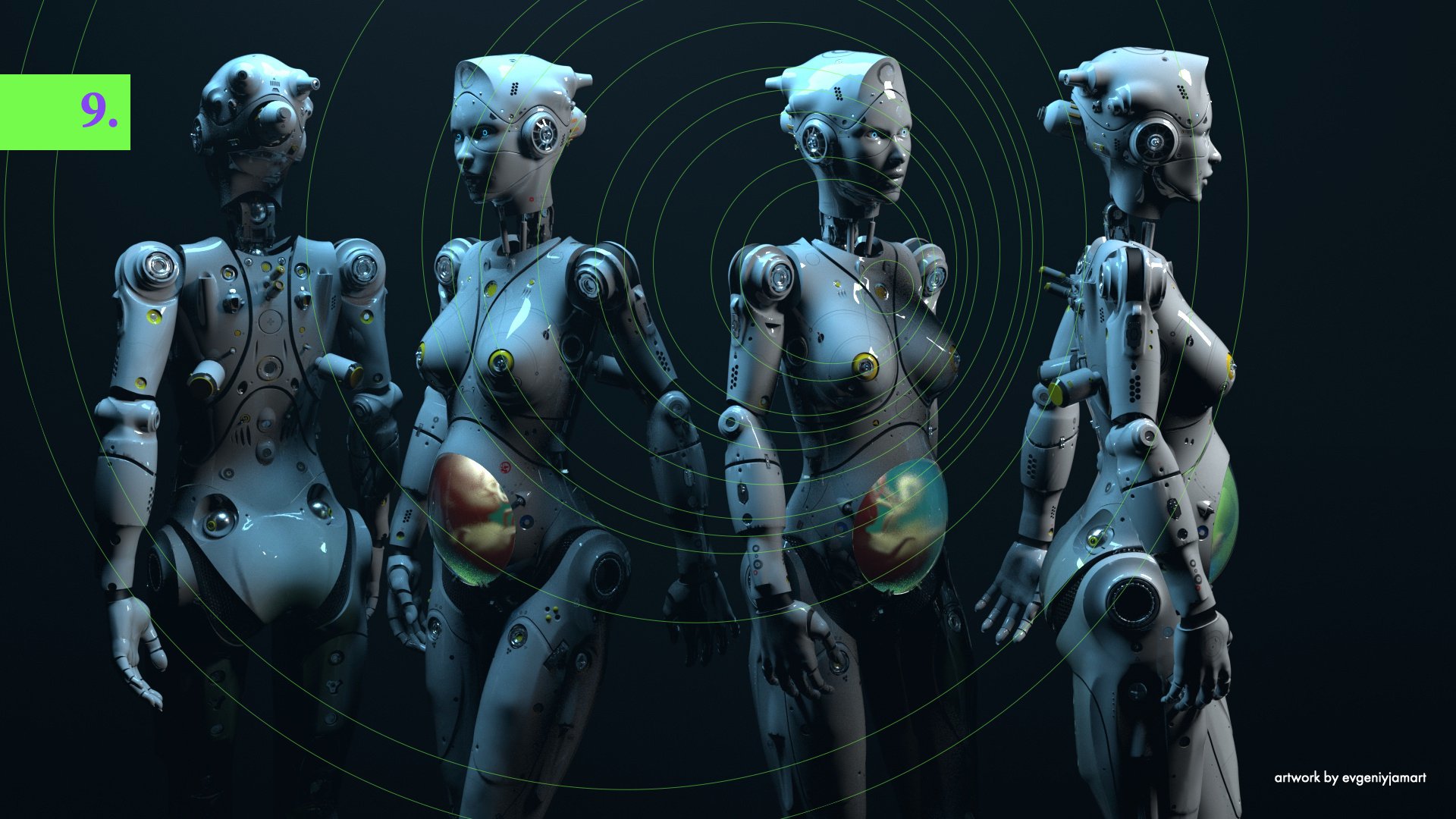A safe space for birth futures
Reproductive care is transforming rapidly. Abortion is banned in an increased number of countries, c-section rates are soaring worldwide while at the same time increasing numbers of professional doula’s are assisting home births in western countries. What will the future of birth look like? To free ourselves from normative frames we’ve created a safe, speculative space with Speculative Birth Futures to explore several possible futures of birth care and their implications for future generations.
For the most common human experience birth is not a big topic of conversation (unless you are pregnant), is underrepresented in art, almost absent from popular culture, except as a punchline. Yet birth marks a watershed moment in our lives and that of our mothers. Whether you are aware of it or not, birth is a hotly debated topic in the Netherlands. Government and hospitals seek to centralize midwifery care under hospital funding opening up birth catre to further medicalization and technologizing.
Pregnant people and birthing mothers are already a kind of cyborg: the heartbeat on an ultrasound feels more real than the movement a mother feels inside. Technology has part of birth since prehistory: the first midwife using a stick to break the amniotic membrane might’ve been one of the first times tech was wielded by a human.
As a response to the increased, worldwide medicalization an increasing number of women attempts to birth freely and unsupervised like our foremothers.
When we talk about changes in birth care and how pregnant women and professionals respond to that, it’s hard to really explore implications of certain developments. Increased medicalization is a result not just a one way street as a result of improving the well-being of mother and child. Other interests are at stake. Hospitals are making money. But so are doula’s. Scientific research has established protocols, but natural wisdom is neglected. The deeper we dig, to more at a loss we are.
What will the future of birth look like if we extrapolate these trends?
In the project Speculative Futures of Birth we apply sci-fi prototyping as a method to create alternate futures that critically examine the possible futures of birth care.
Sci-fi prototyping is a science-fiction short story, movie, or comic based on scientifically proven tech and principles, exploring humans responses to a potential future development.
We intend to explore not just one but several of these futures, to do justice to the complexity and variety of birth care practices and the developments that impact it.
We discern two main trends when it comes to perinatal care: a trend towards further medicalization and a trend away from that, to intervention-free, hands-off, ‘natural’ birth. And another trend is fueled by the 4th feminist wave, broad, societal awareness on gender inequality in our modern societies and recognition for women’s bodily autonomy, as opposed to the women-as-vessel-for-baby that still implicitly feeds much of our decisions and awareness around pregnancy.
So what can sci-fi prototyping bring to the table? Imagining the impact of technological and societal developments on perinatal care, such as artificial wombs, male pregnancy on one hand and abandoning the binary gender categories and women’s emancipation on the other can lead to vastly different futures.
And do we want to live and birth in those futures? What are your thoughts?




